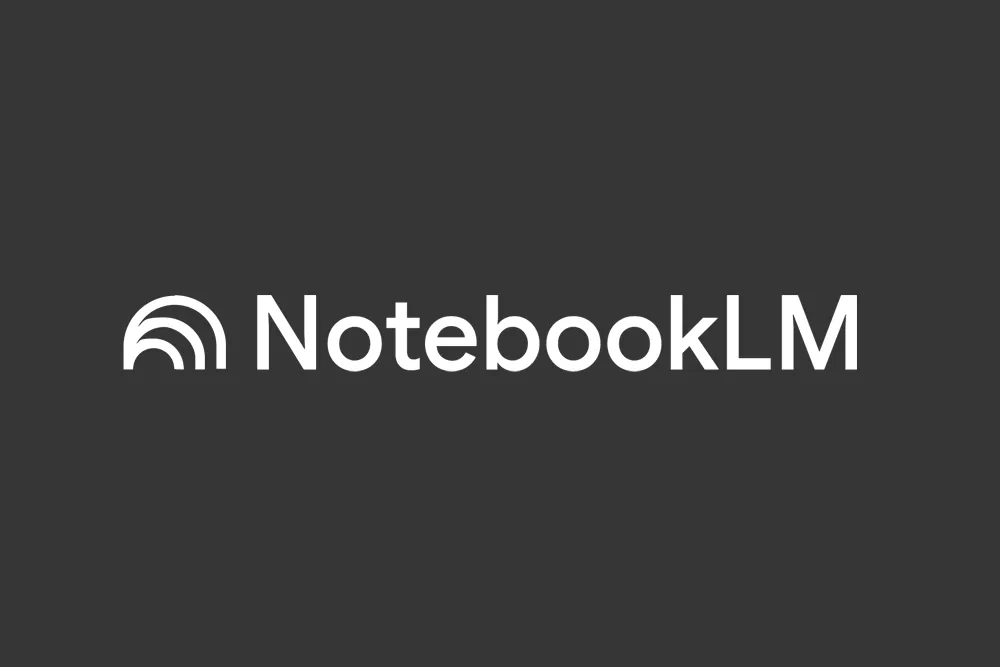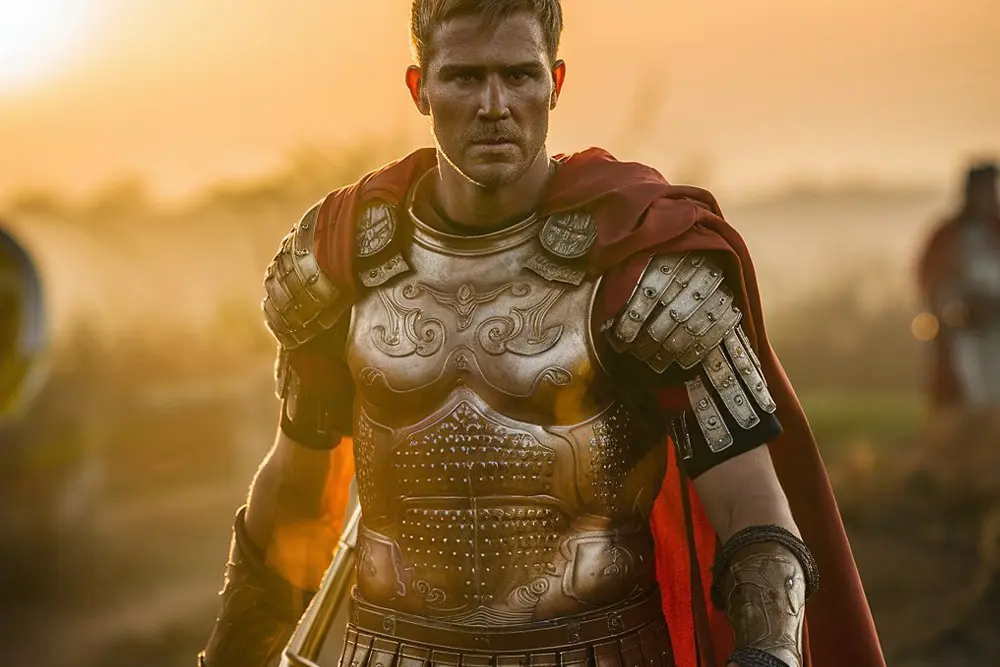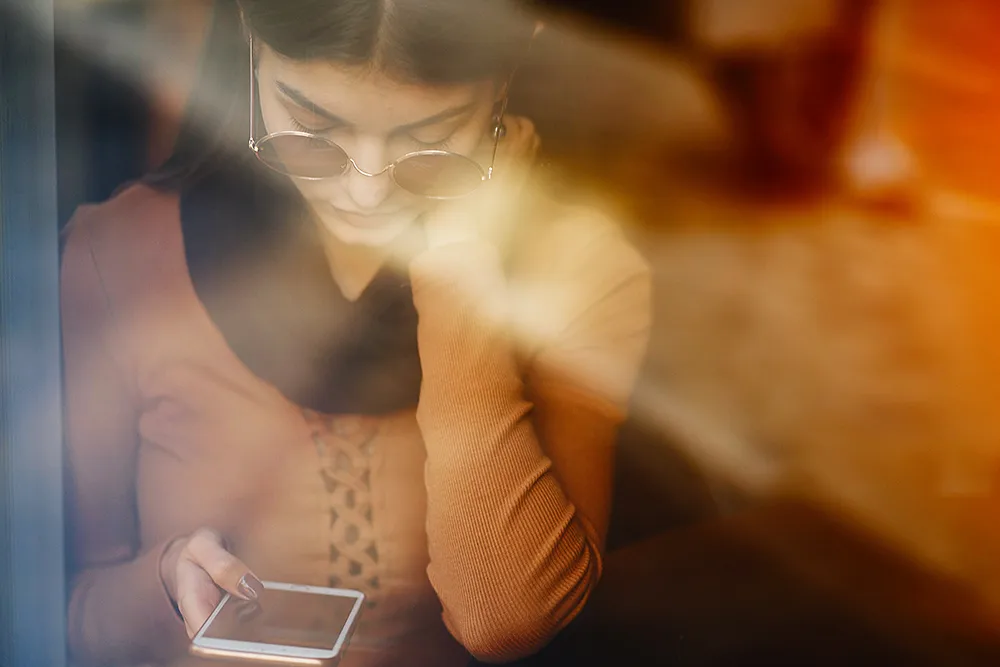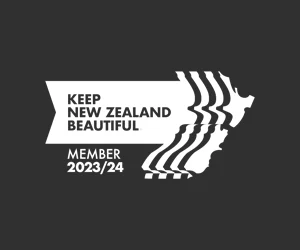AI is redefining authenticity, breaking the boundaries of what we consider real
Reality, or our perception of reality, is changing fast, and its implications are vast. The line between real and fake content is becoming so blurred that we don’t even realise when we’ve crossed it.
Reid Hoffman's YouTube experiment: A glimpse into the future
Reid Hoffman recently explored the blurry waters of AI and reality. In a fascinating experiment, Hoffman generated a YouTube video in which a digital version of himself gave speeches, answered questions, and interacted with viewers. The kicker? Most people couldn’t tell they were watching an AI.
Hoffman’s experiment shows how close AI is to crossing the line into being indistinguishable from human behaviour. The AI nailed his voice and mannerisms.
This raises some serious questions. Sure, the potential for AI to create new, seamless content is exciting, but it also opens up a can of worms. If AI can so convincingly mimic a public figure like Hoffman, who’s to say it won’t be used to push fake news, spread harmful misinformation, or impersonate people for all the wrong reasons?
The Rise of AI-generated profiles
Today, you might think you’re interacting with a person on social media, but there’s a growing chance that you’re starting to engage with AI-generated profiles. It’s not just happening on one platform: Instagram, Twitter, Facebook, or TikTok. These AI-driven accounts are popping up everywhere, looking just as polished and authentic as any human-made profile.
What’s concerning is how convincing these profiles have become. They come with carefully crafted photos, personalised captions, and engagement patterns that make them look and feel human. But as more of these accounts blend into the fabric of social media, it’s becoming harder to know who’s real.
It’s a fundamental shift in online interactions. With the line between real and fake being blurred, our trust in our online connections is being tested. But do people care? Have they accepted that this is the new world and interact with it anyway?
The AI Actor, perfectly tailored to any role
The idea of AI movie stars isn’t just a far-off fantasy anymore; it’s closer to reality with every tech leap we make. Imagine your favourite actor from decades past suddenly “revived” to headline a new blockbuster or a brand-new digital actor created from scratch, perfectly tailored to any role.
AI movie stars could pull off stunts that are too risky for humans, embody characters with superhuman abilities, or seamlessly hop between genres without missing a beat.
Here’s a brief scene showcasing how easy it is to use AI to create film characters. This was put together in about an hour, with AI generating everything from the images and video to the voice and music.
The future of authenticity in an AI-driven world
As AI advances, the line between what’s real and what’s fake will only get blurrier. This shift brings with it a mix of opportunities and challenges. On one hand, AI opens up possibilities for creating art, entertainment, and communication in ways we’ve never imagined. But on the other hand, it forces us to rethink what authenticity and trust mean in this digital age.
AI is evolving fast!
AI will shake up our sense of what’s authentic and raise serious ethical questions about how we use AI in our digital lives. From AI-generated profiles and deepfakes to Reid Hoffman’s YouTube experiment, the examples we’ve explored show how convincingly AI can mimic reality.
As we move forward, do we need to develop ways to manage AI’s impact on our perception of what’s real, or is it a case of the adaption of this new technology, and people will accept it?









